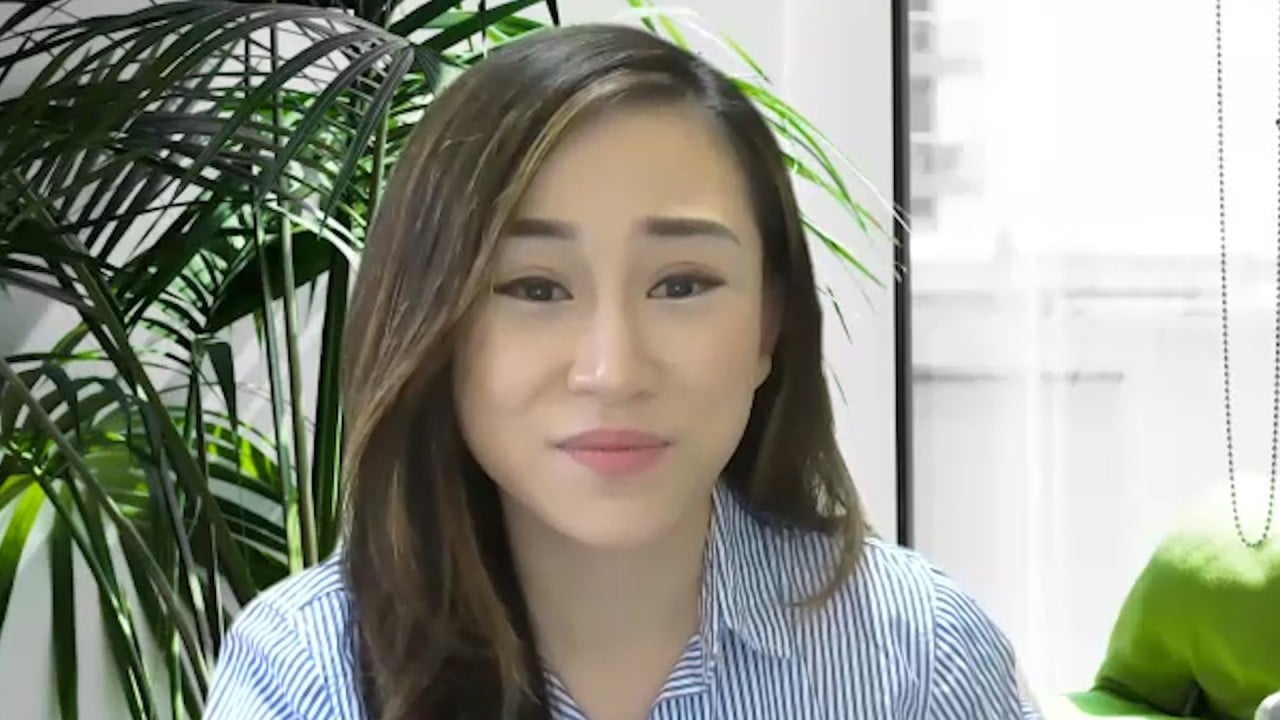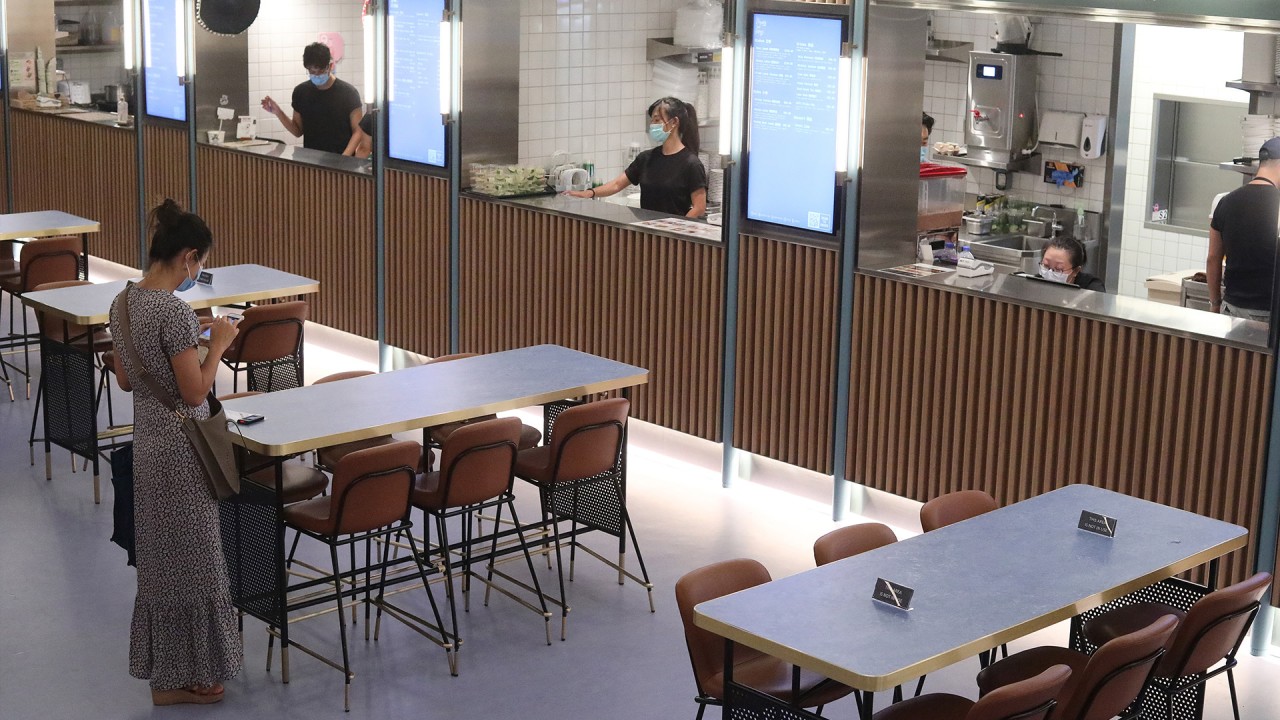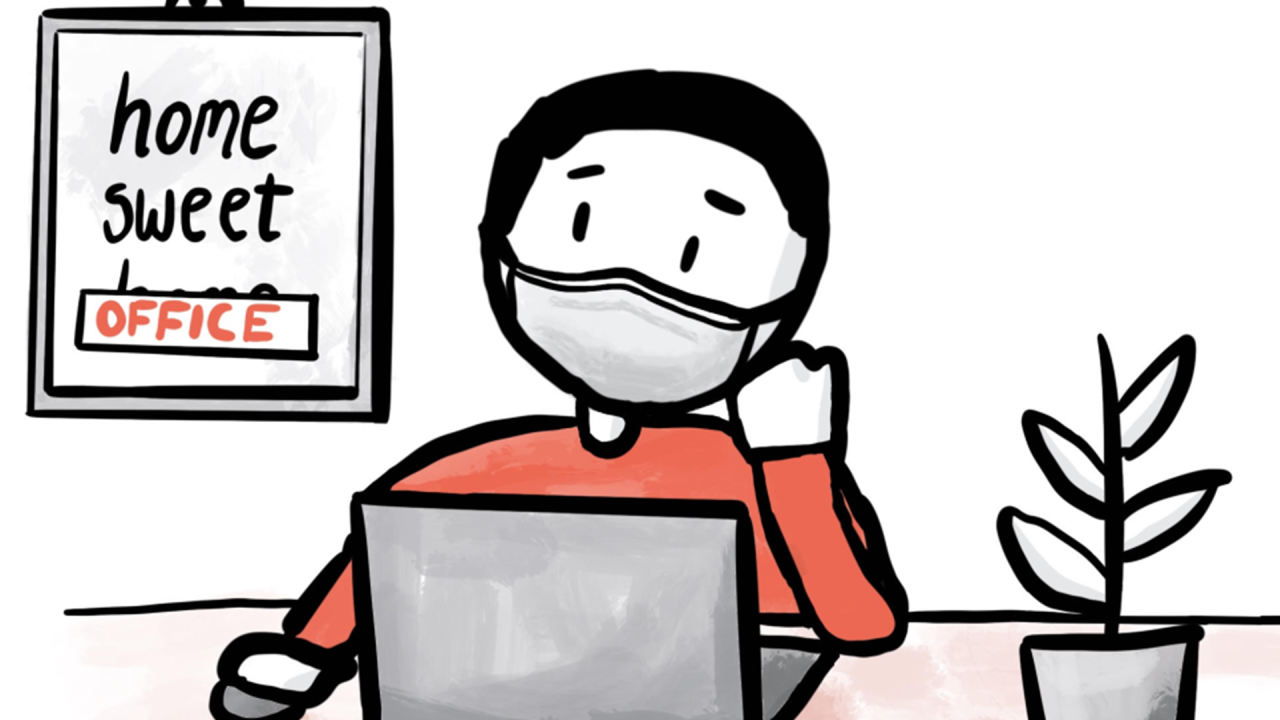
Tired of the coronavirus? You’re not alone, and experts worry ‘pandemic fatigue’ is driving some in Hong Kong to ignore Covid-19 health advice, restrictions
- Frustrated by unending pandemic, some tire of washing hands, wearing masks, staying home
- Crisis fatigue is understandable, but experts warn people against letting down their guard
Dick Wong finds himself washing his hands less often and feels an increasing need to meet up with friends outside, despite knowing he should not.
The 28-year-old accountant says he is tired of the safety precautions in place since the coronavirus arrived in Hong Kong in January.
At the start, he was so afraid of being infected he went to great lengths to protect himself. He closely followed the news, changed his mask every four hours, and cleaned and disinfected his home every day, no matter how late he got home. He did not meet his friends for two months.
Now he feels burned out physically and mentally by the stress from his fear of infection, social isolation and changes in his routine.

Wong is dejected that all his efforts have failed to end the crisis. The pandemic has not only remained, but has also taken a turn for the worse in Hong Kong this month, with a surge in new cases.
“These days, I can barely muster the energy to do anything,” he says. “For months, I have been staying highly alert and taking all the necessary measures to protect myself from infection. That has severely worn me out.”
As the pandemic has worn on, their bodies and brains have become tired from staying highly alert for a long time, consuming their energy and motivation
He is not alone in experiencing what experts call “pandemic fatigue”. With the global health crisis dragging on for more than six months, and with no end in sight, many have become increasingly frustrated with the Covid-19 precautions.
The sense of urgency has faded for them, and this is a change of attitude experts warn could make the effects of the crisis worse.
Surging infections have raised Hong Kong’s confirmed cases to more than 2,300, with 16 deaths.

05:42
Mental health during Covid-19: ‘Be patient and kind to yourself’ as plans fall through
Despite this third wave, Hongkongers have ignored health authorities’ warnings and flocked to beaches, some without masks. Others have been seen refusing to wear masks on public transport, although the government made that mandatory last week with a maximum fine of HK$5,000.
On Thursday, it became compulsory to wear a mask in all indoor public places.
Clinical psychologist Cherry Lin Lee-yung, of the Hong Kong Red Cross, says pandemic fatigue is a psychosocial phenomenon brought on by the prolonged period of staying alert, lessened fear of the pandemic, the change in daily routines, and uncertainties in life.
Residents ‘bored staying at home’ hit scenic spots in thousands at start of Easter holiday
Those affected feel physically and mentally tired, with some becoming less alert and taking a more relaxed attitude to the precautions.
“People do not wash their hands as often as they did when the outbreak first started,” she says, adding that others begin to disregard the advice to avoid going out.
“As the pandemic has worn on, their bodies and brains have become tired from staying highly alert for a long time, consuming their energy and motivation.”

Psychiatrist Dr Hui Lung-kit says pandemic fatigue began affecting people from as early as March, when the crisis was severe despite the confinement and social-distancing measures put in place. Many became frustrated that their efforts failed to bring the pandemic under control, he says.
“Pandemic fatigue can, on the one hand, make the public less anxious and scared, but on the other hand, it can cause people to let their guard down,” he says.
Earlier this week, Hong Kong’s leader Carrie Lam Cheng Yuet-ngor acknowledged the emergence of the phenomenon, and appealed to Hongkongers to remain vigilant given the sharp rise in infections.
Spending too much time online? Five great films about exactly that
“The public has shown anti-pandemic fatigue. This is understandable, as the pandemic has lasted for more than six months,” she said. “We previously loosened restrictions, but now have to tighten them again. It is difficult for people to stay home and avoid going out for a walk or a swim in this hot weather.”
Infectious diseases expert Dr Joseph Tsang Kay-yan believes pandemic fatigue may have contributed to the resurgence of Covid-19 cases. He says this change of attitude must be treated seriously, or it could make the crisis worse.
The prolonged pandemic has also taken its toll on people with mental health issues.

May Cheung, 43, was diagnosed with depression three years ago and is on medication. She says the months of remaining at home have worsened her condition.
She used to go out for a walk with her 56-year-old husband, who has schizophrenia, and kept her spirits up by attending activities organised by community centres.
With the suspension of activities because of the pandemic, the couple, who have no children, have been confined to their public housing flat in Tsing Yi.
Both jobless, they live on the monthly allowance they receive under the government’s Comprehensive Social Security Assistance (CSSA) welfare scheme, as well as help from the Society for Community Organisation.

02:12
Hong Kong bans dine-in service from 6pm to 5am to contain its third wave of Covid-19 infections
Despite feeling down, Cheung says she cleans and disinfects the flat, stands in line for hours for a box of masks, and takes care of her husband. She admits it can all get so overwhelming she sometimes quarrels with her husband just to vent.
Cheung says she used to feel confident the crisis would end and she would get her life back, but the third wave of infections came as a blow.
“After everything we have done, why has the pandemic not gone away, but become even worse than before?” she asks. “I feel at a loss, and can’t see any hope. I feel like giving up.”
Ching Chi-kong, assistant director of the non-profit organisation, The Mental Health Association of Hong Kong, warns pandemic fatigue can have a detrimental impact on individuals as well as society.
“The significant changes brought by the pandemic have put tremendous pressure on people, and staying tense both physically and emotionally for a prolonged period can lead to mental problems,” he says.

05:48
Coronavirus: Behaviour expert says top tip for working from home is ‘reduce the guilt’
Being tired also affects people’s performance at work and may strain their relationships, he adds, while becoming more relaxed about anti-pandemic precautions or giving up poses a health threat to society.
He believes it is important to acknowledge and overcome pandemic fatigue, especially as the pandemic appears unlikely to end any time soon.
Advising people to prepare for the long haul, he suggests establishing new routines to regain a sense of control in life, such as setting aside time to exercise, using technology to stay connected with family and friends, and being clear about time for work and rest.
Hong Kong may pay higher price for Covid-19 handling in long term, expert says
Clinical psychologist Dr Eliza Cheung Yee-lai, head of the psychological support service of the Hong Kong Red Cross, says the authorities and the public need a change of strategies to fight pandemic fatigue, as fear of Covid-19 no longer works as it did before.
“When we face a sudden threat, our bodies respond in fear to cope, but this usually lasts a short time only,” she says. “The pandemic has lasted so long that people have passed the stage of being purely motivated by fear to take protective measures.”

01:14
How Chinese who stayed in over Lunar New Year amid virus outbreak fought boredom
Cheung says people who are aware they have pandemic fatigue need to acknowledge that keeping up the precautions will protect themselves, their communities and society.
Accountant Wong admits he complains more often these days about anti-pandemic measures. Wearing a mask is suffocating and gives him acne, and alcohol hand sanitiser smells pungent, he says.
Staying home makes him lonely and bored, and he misses dining out after work.
But his parents and younger brother, whom he lives with, encourage him to stay strong.
“I have no choice but to persevere. It is not only for my sake, but also for my family,” he says.

